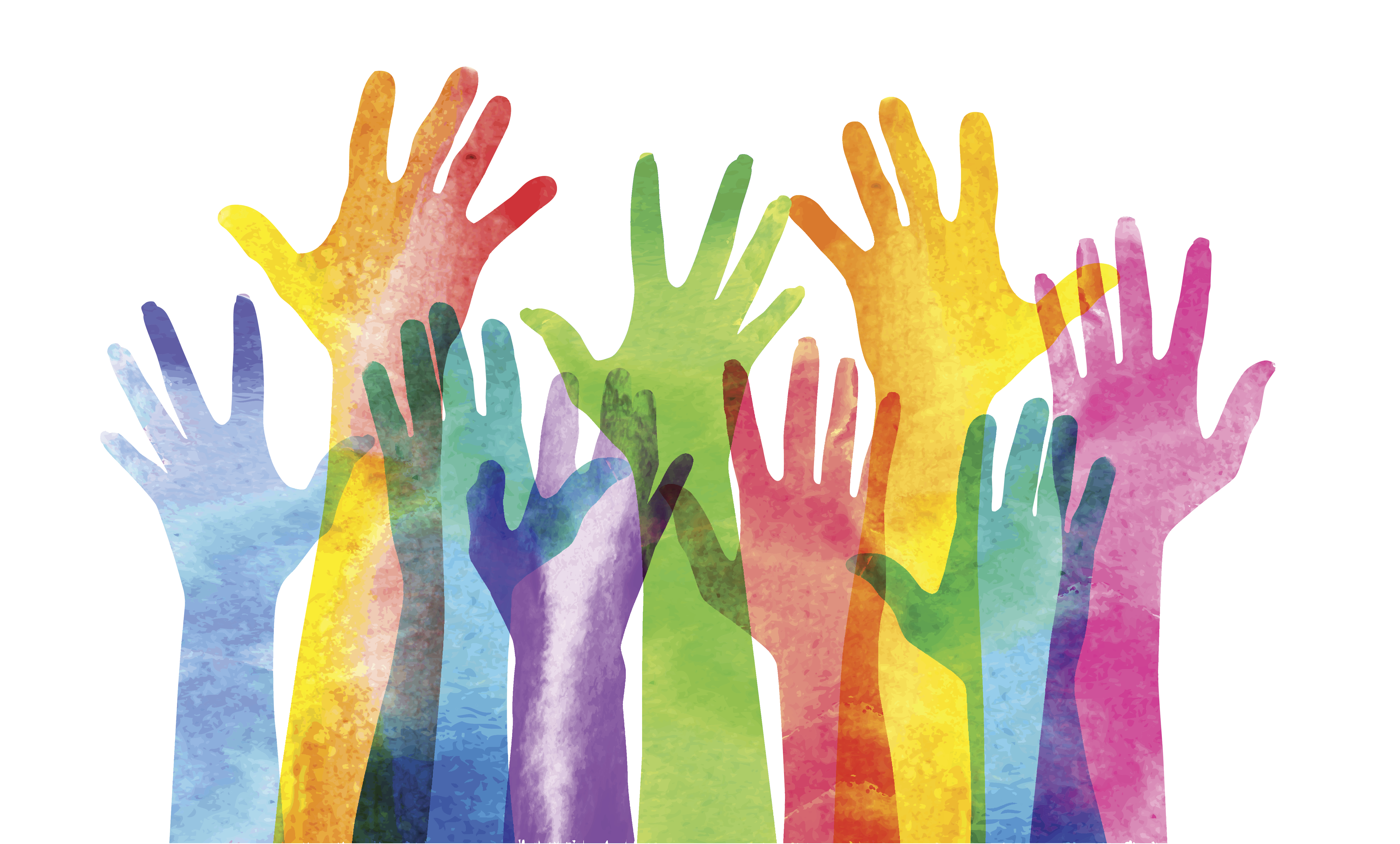Business
In-depth with Freada Kapor Klein

It was more than 10 years ago when Freada Kapor Klein published her book “Giving Notice” about hidden biases. Fast forward to today, and it’s sometimes hard to say that anything has changed.
Kapor Klein, a long-time advocate for diversity, equity and inclusion in the tech industry, is the co-founding partner at Kapor Capital and co-founder of Project Include . TechCrunch had the privilege of chatting with her about diversity and inclusion over the last several years.
“I would characterize where we are now is a leap forward over the last ten years and several steps sideways and a few steps backwards,” Kapor Klein says. “And so I think it’s a very noisy time to be looking at D&I. Because any point you can make in a positive direction, there’s a countervailing negative. And similarly, any time you can raise a criticism, somebody can point to something hopeful. So, we’re still in the middle of it — I hope — although I worry about diversity fatigue, which people are talking about and writing about these days.”
What’s clear is that a comprehensive approach is needed, and in order for that to be successful, there needs to be unequivocal commitment from the top.
We also discuss the rebound effect for harassers, why heads don’t roll when companies don’t fulfill their diversity goals and where there’s hope in the push for more diversity, inclusion and equity in tech.

Editor’s Note: This interview has been edited for length and clarity.
MRD: I wanted to chat with you specifically, just because you’ve been working on this issue for more than a decade at this point. And I figured you would have some good perspective to add. So far, I’ve chatted with a handful of people and my plan is to try to see what the common themes and then go from there.
Freada Kapor Klein: Are there some, some emerging hypotheses or some emerging consensus or too early to tell?
MRD: So far, I’ve had some conversations that have centered around the heads of diversity and inclusion. And while the idea of them is great, often times, they’re not truly empowered within these companies. Looking at Google as an example, and some of the turnover they’ve seen throughout that role.
Also, I’m looking at how one of the changes has been that it’s become more acceptable to be vocal about this issue and speak out against it. But that doesn’t always translate into real work and actions, and progress being made.
And then also, of course, there are more worker-led initiatives, also using Google as an example. But then what may be the next step actually needs to be like, okay, well, you’re speaking out, you’re walking out, but now maybe it’s actually a matter of leaving these companies because the workers are the most important part of these companies. But it’s not always an option for some people who don’t come from wealth and really need these jobs. Those are kind of the high-level takeaways so far.
Freada Kapor Klein: That’s interesting, but maybe there is a call to action for those who are — I once long ago heard the term post economic. And so maybe there is a call to action for those who are going to be the beneficiaries of the 2019 IPOs and who are in a position to vote with their feet.
MRD: Yeah, that’s a good point.
Freada Kapor Klein: So, great. Where would you like to start?
MRD: Looking back over the last ten years of your work in Silicon Valley across diversity and inclusion, what gives you hope that we’re moving in the right direction? Or, do you think we’re moving in the right direction?
Freada Kapor Klein: I would characterize where we are now is a leap forward over the last ten years and several steps sideways and a few steps backwards. And so I think it’s a very noisy time to be looking at D&I. Because any point you can make in a positive direction, there’s a countervailing negative. And similarly, any time you can raise a criticism, somebody can point to something hopeful. So, we’re still in the middle of it — I hope — although I worry about diversity fatigue, which people are talking about and writing about these days.
But I do remain hopeful for very specific reasons. And one of those is quite simply changing demographics in the US. The march of demographics is unstoppable. And we know the K 12 school-age population in the US, which has been majority kids of color for five years now. And so that is the future workforce. Changing demographics is certainly one cause for hope. And critical mass, which has been a concept around a long time in social science, has some real legitimacy.
-

 Entertainment7 days ago
Entertainment7 days agoWhat’s new to streaming this week? (Jan. 17, 2025)
-

 Entertainment6 days ago
Entertainment6 days agoExplainer: Age-verification bills for porn and social media
-

 Entertainment6 days ago
Entertainment6 days agoIf TikTok is banned in the U.S., this is what it will look like for everyone else
-

 Entertainment5 days ago
Entertainment5 days ago‘Night Call’ review: A bad day on the job makes for a superb action movie
-

 Entertainment5 days ago
Entertainment5 days agoHow ‘Grand Theft Hamlet’ evolved from lockdown escape to Shakespearean success
-

 Entertainment6 days ago
Entertainment6 days ago‘September 5’ review: a blinkered, noncommittal thriller about an Olympic hostage crisis
-

 Entertainment6 days ago
Entertainment6 days ago‘Back in Action’ review: Cameron Diaz and Jamie Foxx team up for Gen X action-comedy
-

 Entertainment6 days ago
Entertainment6 days ago‘One of Them Days’ review: Keke Palmer and SZA are friendship goals
















